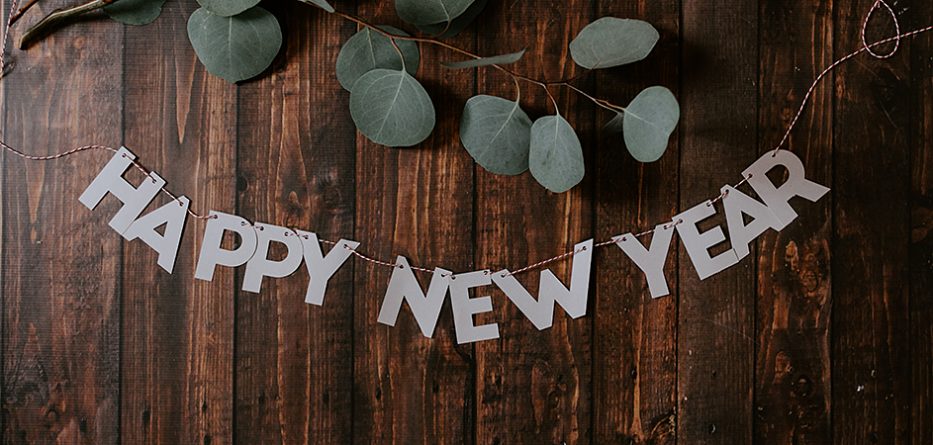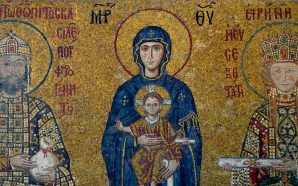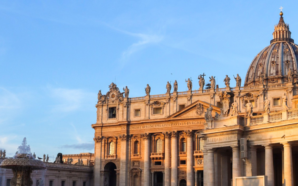1 January is New Year’s Day and the World Day of Peace
New Year’s Day always seems awkward to celebrate. Doubly awkward, if we remember that for Catholics, it is also the World Day of Peace. It is hard to be enthusiastic about New Year’s Day because of a conflict within ourselves. We imagine it as a day for new beginnings but our mind tells us that the world, and we ourselves as part of it, will continue mostly unchanged. Most of us have at some time made New Year resolutions to live a changed and better life, only to find that three or four weeks later we carry on living as before. Similarly, the World Day of Peace holds before us an ideal world where conflicts will stop, nasty social media postings will turn to encouragement, bombs and guns will be allowed to rust away, and family fights will be resolved. Yet we have seen each year that wars continue and that peace remains an impossible ideal.
Perhaps that conflict between the way we like to imagine the New Year and our experience of it makes it difficult to celebrate naturally. Many people drink solidly through the night, shout, sing and blow car horns for ten minutes or so at midnight, drink some more, and when the sun rises it sees them with a headache regretting the night before, before they watch a game of cricket or a sailing race, each of which takes them back to the 19th century. The reality collides with the dream and leaves it gasping.
A ritual for celebrating the New Year in some Buddhist cultures brings together both the ideal and the reality. People wipe their faces with scented water to wash away the old year and to wipe in the new. The ritual acknowledges the failures and betrayals that have marked their lives at the year’s end, and marks a new start, the freedom that goes with it, and continued hope to build a better life and better world. It takes account of the past we carry with us as well as the unguessable future.
This New Year, the reminders of continuous struggle are strong. We are aware of the power of the coronavirus and of the need to live carefully in order to stop its recurrence and spread. 2020, too, began as the year of the bushfires and marked a terrifying picture of how future years might begin if we do not address the factors that contribute to climate change. New Year’s Day is a time to look back on the year gone, to accept where we stand at the beginning of the new year, and to attend to how we wish to live personally and as a society in the coming year.
The Christian approach to the New Year is to emphasise attending to the goodness of our world and of people in it and to keep hope alive. The image of the New Year is that also of Christmas: a newborn child, a symbol of innocence and hope within all the perils of nature and of a murderous king. When we see a child, we see our future. We look back at the world which we are leaving to our children and forward to the world that we would want for them. At Jesuit Social Services, we keep in mind the young people whom we accompany – the gift that they are, their fragility and their resilience. We hope that this year they may find good friends and mentors and make new connections with society.
In the Christ child, we recognise a love that shaped our world and human beings, joins them in all their murderousness, and hangs in with them to the extent of dying for them. Every day is new, a gift and a calling to make peace.
Madonna magazine, published by the Australian Jesuits, has accompanied Australians in their daily prayer and spiritual growth for more than 120 years. It is an ideal prayer companion and thoughtful gift in this time of isolation and disconnection from parish and community. Subscribe, or give a gift subscription, and help keep our prayer community going in 2021. Go to www.madonnamagazine.com.au for more.
Fr Andrew Hamilton SJ writes for Jesuit Communications and Jesuit Social Services.








